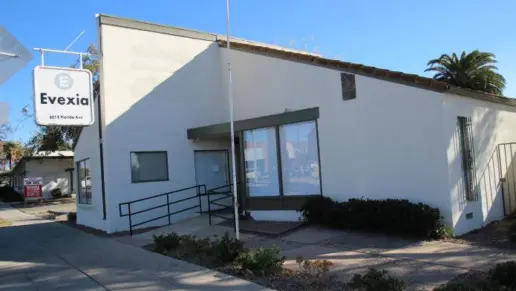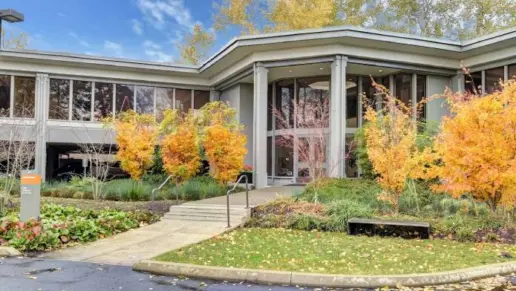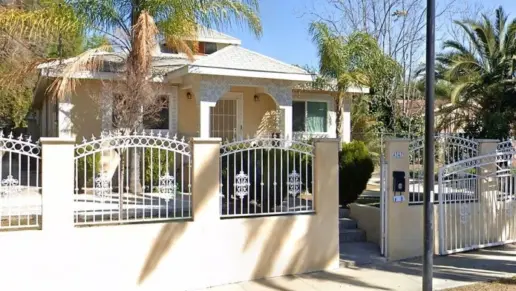About Western Youth Services
Western Youth Services has two locations in Santa Ana, California, which provide behavioral and mental health services to children, youth, and families. They provide expert care in adverse childhood experiences and toxic stress, mental health challenges, behavioral health issues, crisis intervention, community care management programs, school-based initiatives, and Super Resilient Youth programs.
Western Youth Services believes in offering the most evidence-based treatment options and initiatives possible to allow children and youth the opportunities to have better quality mental health and a better quality life. Some of the evidence-based treatment options they offer include cognitive behavioral therapy, EMDR, functional family therapy, Circle of Security, dialectical behavior therapy, motivational interviewing, Incredible Years (IY), Acceptance and Commitment Therapy, Unstuck and On Target (UOT), trauma focused cognitive behavioral therapy, seeking safety, parent child interaction therapy, and others as deemed useful by the trained mental health and psychiatric professionals that provide services at WYS.
It is not just services that are offered that makes WYS a great place for families, children, youth, and parents, but consumers say it is the staff that really make the place special. Social workers, mental health support staff, psychiatrists, psychologists, child and youth workers and mental health nurses help provide a supportive, accepting environment.
Whether children and young adults are struggling with anxiety and depression, mental health diagnosis, family stresses and dysfunction, adjusting to foster care, or need to learn life and coping skills, WYS has resources available to help. Mental health educational and therapeutic training courses are also available for organizations, professionals, families or individuals.
There is no cost for most services. It is a good idea to check with your personal health insurance provider to understand what coverage you have and whether additional benefits are available for you.
Rehab Score
Other Forms of Payment
Financial aid can take many forms. Centers may have grants or scholarships available to clients who meet eligibility requirements. Programs that receive SAMHSA grants may have financial aid available for those who need treatment as well. Grants and scholarships can help you pai for treatment without having to repay.
Medicaid is a state based program that helps lower-income individuals and families pay for healthcare. Medicaid covers addiction treatment so those enrolled can use their coverage to pay for rehab. When a program accepts Medicaid the client often pays very little or nothing out of their own pocket.
Addiction Treatments
Levels of Care
Treatments
Mental health rehabs focus on helping individuals recover from mental illnesses like bipolar disorder, clinical depression, anxiety disorders, schizophrenia, and more. Mental health professionals at these facilities are trained to understand and treat mental health issues, both in individual and group settings.
Programs


Clinical Services
Cognitive Behavioral Therapy (CBT) is a therapy modality that focuses on the relationship between one's thoughts, feelings, and behaviors. It is used to establish and allow for healthy responses to thoughts and feelings (instead of unhealthy responses, like using drugs or alcohol). CBT has been proven effective for recovering addicts of all kinds, and is used to strengthen a patient's own self-awareness and ability to self-regulate. CBT allows individuals to monitor their own emotional state, become more adept at communicating with others, and manage stress without needing to engage in substance abuse.
Dialectical Behavior Therapy (DBT) is a modified form of Cognitive Behavioral Therapy (CBT), a treatment designed to help people understand and ultimately affect the relationship between their thoughts, feelings, and behaviors. DBT is often used for individuals who struggle with self-harm behaviors, such as self-mutilation (cutting) and suicidal thoughts, urges, or attempts. It has been proven clinically effective for those who struggle with out-of-control emotions and mental health illnesses like Borderline Personality Disorder.
Group therapy is any therapeutic work that happens in a group (not one-on-one). There are a number of different group therapy modalities, including support groups, experiential therapy, psycho-education, and more. Group therapy involves treatment as well as processing interaction between group members.
In individual therapy, a patient meets one-on-one with a trained psychologist or counselor. Therapy is a pivotal part of effective substance abuse treatment, as it often covers root causes of addiction, including challenges faced by the patient in their social, family, and work/school life.
Trauma therapy addresses traumatic incidents from a client's past that are likely affecting their present-day experience. Trauma is often one of the primary triggers and potential causes of addiction, and can stem from child sexual abuse, domestic violence, having a parent with a mental illness, losing one or both parents at a young age, teenage or adult sexual assault, or any number of other factors. The purpose of trauma therapy is to allow a patient to process trauma and move through and past it, with the help of trained and compassionate mental health professionals.
Whether a marriage or other committed relationship, an intimate partnership is one of the most important aspects of a person's life. Drug and alcohol addiction affects both members of a couple in deep and meaningful ways, as does rehab and recovery. Couples therapy and other couples-focused treatment programs are significant parts of exploring triggers of addiction, as well as learning how to build healthy patterns to support ongoing sobriety.
Research clearly demonstrates that recovery is far more successful and sustainable when loved ones like family members participate in rehab and substance abuse treatment. Genetic factors may be at play when it comes to drug and alcohol addiction, as well as mental health issues. Family dynamics often play a critical role in addiction triggers, and if properly educated, family members can be a strong source of support when it comes to rehabilitation.
Contact Information
200 W Santa Ana Blvd
Santa Ana, CA 92701


